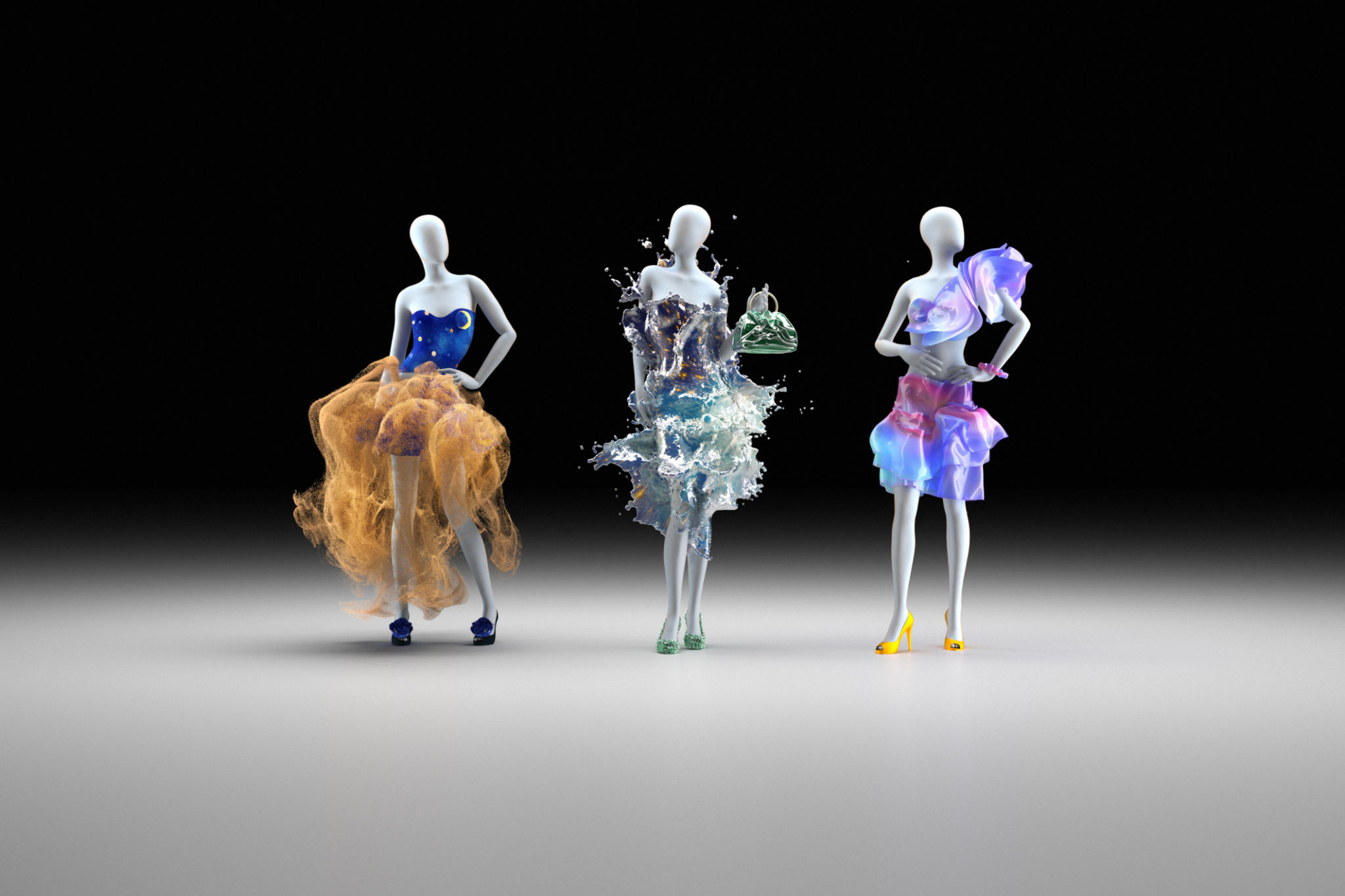Empowering Change: Stories from Activists Wearing Their Values
Introduction to Activism Through Fashion
In a world where personal beliefs and values can be expressed through various forms, fashion has emerged as a powerful medium for activism. Clothing is not just a means of self-expression but also a tool for advocating change. Across the globe, individuals are using their attire to make bold statements, reflecting their commitment to causes that matter.
From promoting sustainability to advocating for social justice, activists are increasingly choosing to wear their values. This movement is more than a trend; it's a revolution that empowers individuals to make a difference through what they wear.

Stories of Change-Makers
Promoting Sustainability
Sustainability has become a buzzword in the fashion industry, but for some activists, it is a way of life. Take, for example, Emma Watson, who consistently showcases ethical fashion on the red carpet. Her commitment to sustainable clothing highlights the importance of eco-friendly choices in everyday life. By wearing brands that prioritize the planet, activists like Watson inspire others to consider the environmental impact of their wardrobe choices.
Similarly, grassroots movements have emerged where individuals host clothing swaps and upcycling workshops. These initiatives not only reduce waste but also foster a sense of community and shared responsibility for the environment.

Advocating for Social Justice
Fashion can also be a powerful tool for advocating social justice. Activists are using their attire to challenge societal norms and raise awareness about critical issues such as racial equality and gender rights. For instance, t-shirts emblazoned with messages like "Black Lives Matter" or "The Future is Female" serve as walking billboards for change.
One notable example is the work of designer Aurora James, who launched the 15 Percent Pledge. This initiative calls on retailers to dedicate at least 15% of their shelf space to Black-owned businesses. Through her designs and advocacy, James illustrates how fashion can be leveraged to support marginalized communities.

The Role of Brands in Empowering Activists
Brands play a crucial role in empowering activists by aligning their values with their business practices. Companies committed to ethical production and fair trade are setting new standards in the industry. By partnering with activists, these brands amplify voices and provide platforms for meaningful change.
For example, Patagonia has long been at the forefront of environmental activism, using its influence to advocate for policy changes and conservation efforts. Their approach demonstrates how businesses can support and empower activists by prioritizing purpose over profit.
Challenges Faced by Activist Fashion
While fashion activism is gaining traction, it is not without challenges. Critics argue that the rise of activist fashion can lead to "performative" activism, where individuals wear slogans without engaging in meaningful action. Additionally, there is concern about accessibility, as sustainable and ethically-produced clothing can be expensive.
Addressing these challenges requires continuous education and dialogue. Activists must strive to ensure that their fashion choices are backed by genuine commitment and action.
The Future of Fashion Activism
As we look toward the future, the potential for fashion activism is limitless. With technology enabling greater transparency in supply chains and consumers demanding accountability, the industry is poised for transformation. Activists will continue to innovate, finding new ways to integrate their values into their wardrobes.
Ultimately, empowering change through fashion is about more than what we wear; it's about who we are and what we stand for. By choosing to wear our values, we can contribute to a more equitable and just world.

